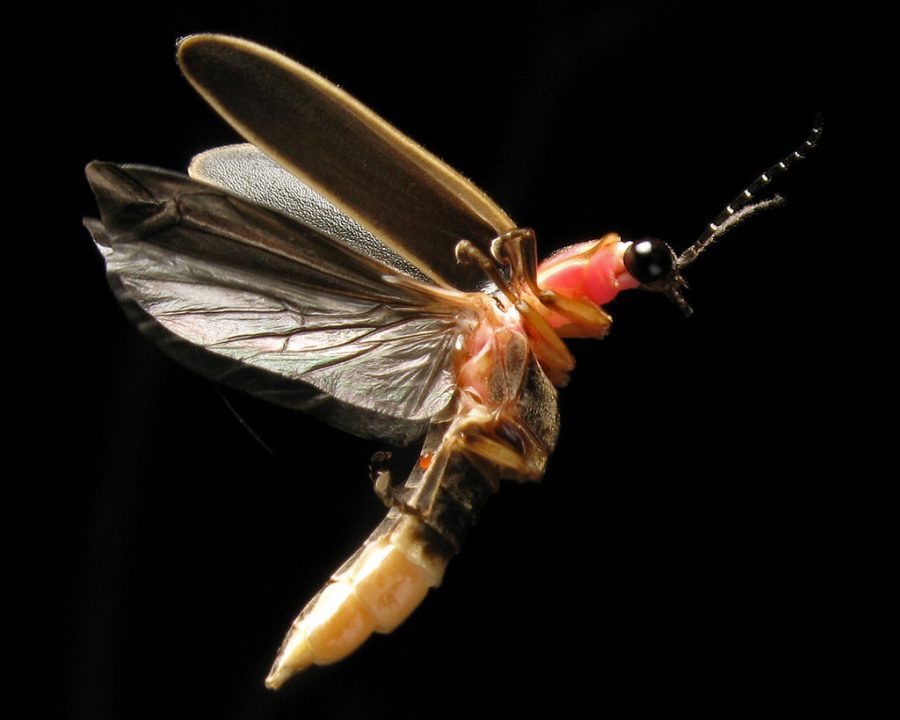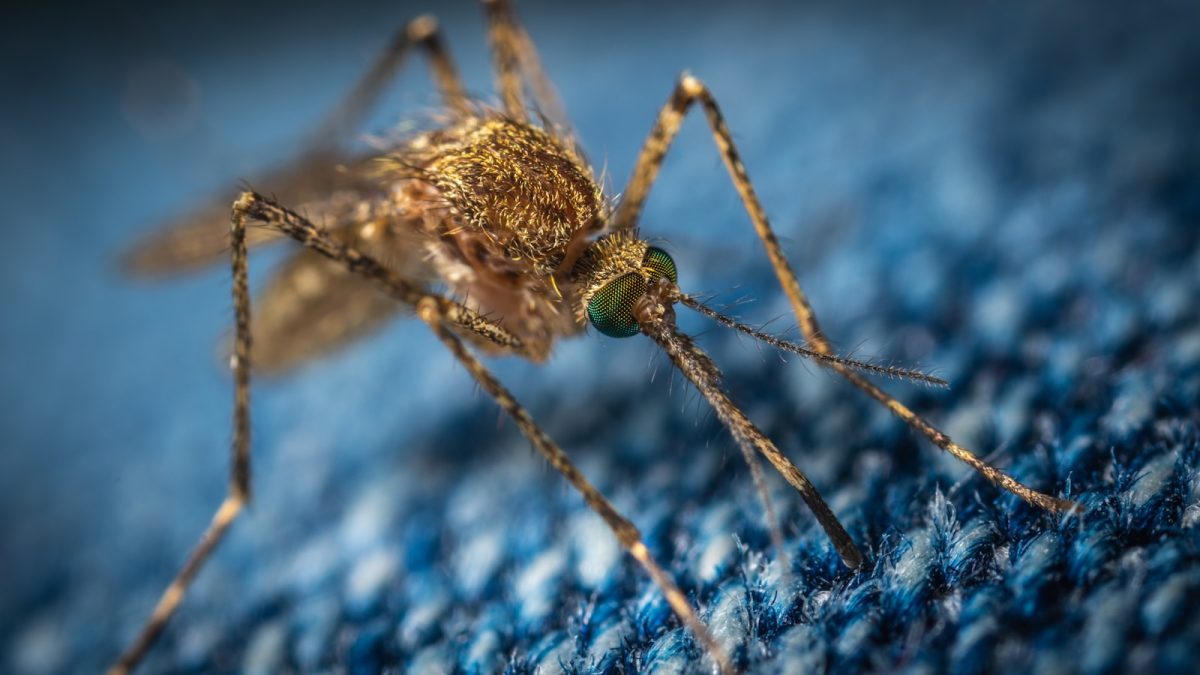Fireflies And How They Are Able To Light Up
Have you ever wondered how fireflies are able to glow and light up? Well this article can tell you how.
Most people have seen the magnificent insect that we call fireflies or lightning bugs. They light up, and when you were a kid, you would try to catch them in your hands. But have you ever wondered how they can light up? Fireflies produce a chemical reaction inside their bodies, allowing them to glow or light up. This type of light production is called bioluminescence.
A firefly’s light is known as “cold light” because, unlike a light bulb, a firefly doesn’t produce heat when energy is lost. A light bulb produces a lot of heat when it lights up, but if a firefly were to produce as much heat as a light bulb, it would be fatal for them.
Fireflies can control when they light up and when they stop. They do this by adding oxygen to the other chemicals needed to produce light. This occurs in the insect’s light organ. The light organ lights up when it has oxygen and goes out when it doesn’t. Because insects don’t have lungs, they have to transport the oxygen from outside the body to the interior cells. This happens through a complex series of successively smaller tubes, which are known as tracheoles. Nitric oxide gas plays a big role in firefly flash control. When the firefly is not producing light, nitric oxide is not being produced. The presence of nitric oxide, which binds to the mitochondria, allows oxygen to flow into the light organ. It combines with the other chemicals needed to produce the bioluminescent reaction.
But what are the reasons a firefly light’s up? One reason is to identify other members of their species and tell who is female and who is male. They do this by using unique flash patterns when they light up.
Fireflies are magnificent and interesting creatures. They light up in amazing ways and are so fun to try to catch.
More articles about fireflies:
https://www.scientificamerican.com/article/how-and-why-do-fireflies/#











